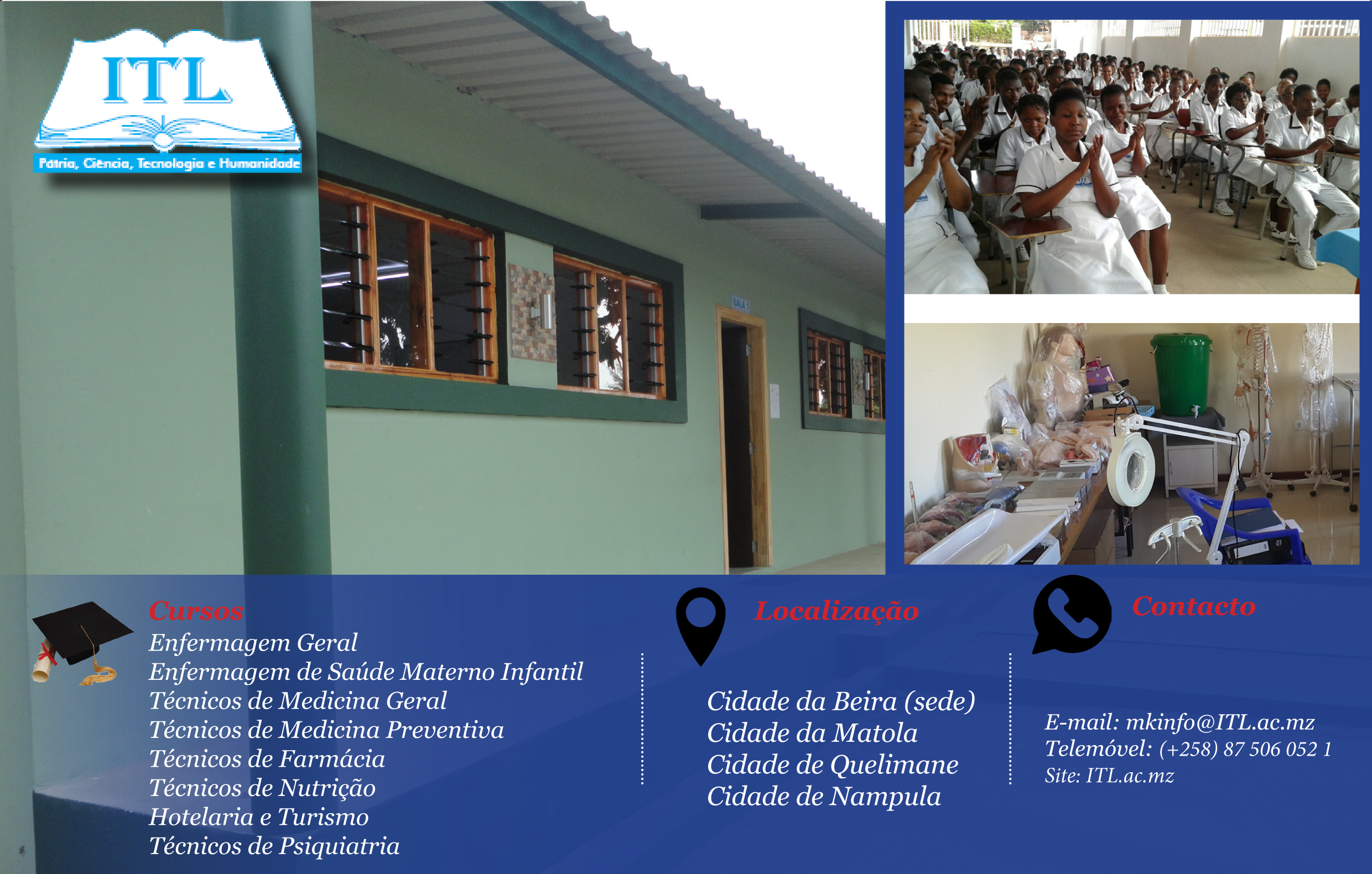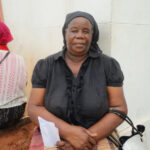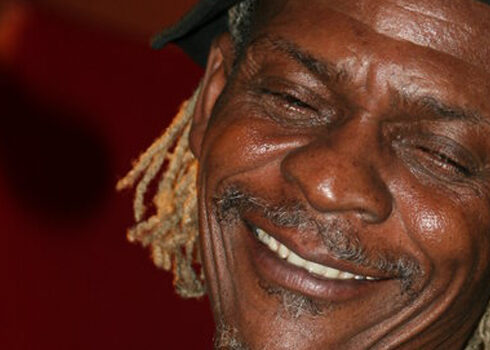
Biographical notes of Mr. Bow
There is a district in the province of Gaza called Manjacaze. That part of the country has a surface area of 3 748 km2, bounded to the north by Panda district (Inhambane), south by Indian Ocean, southwest by Xai-Xai city and west by Chibuto district.
It was in that sphere of action that, on April 30 of 1982, the couple Pedro Maiaze and Roda Langa saw a child born whom they gave the name of Salvador Pedro Maiaze.
Salvador Maiaze grew up under the care of his grandparents, by family decision. In the humble he lived until 17 ages. His childhood was calm and disciplined, having been “cherished” by the dream of wanting to be a musician, a wish that was received and supported by his parents.
Still young began to pursue his dream, participating in music contests promoted in nightclubs. In the contests, the young man interpreted several musical themes of artists such as R. Kelly, Back Street Boys, Tyrese and Joe.
Sometime later, the young man began to be part of the Hip-Hop groups. In search of a name with impact among the rappers, he adopted the pseudonym “Bow” (bow). Thus became known as MC Bow at the time.

Ads.
In 1999, he left his homeland and went to live in Xai-Xai, the capital of Gaza, with the purpose to work and study.
Two years later, the young man, with a suitcase filled with many objects, went to visit his familiars in Maputo and, eventually he ended up living in the Mozambican capital. It was in 2001 that Bow radically changed his musical style, going on to sing Rhythm and Blues (R & B) and Soul.
The change of gender was accompanied by the change of pseudonym. Bow ceased to be MC Bow and was renamed Mr. Bow, by which he is now known. It should also be noted that the young man began recording his first songs that year.
In 2003, the artist attended music classes at the House of Culture of the Alto-Maé, in Maputo, where he learned to play the piano. The following year, he created a small recording studio, which allowed him to dedicate himself, more and more, to the research of composition of musical instruments, voice capture, as well as the realization of advertising spots.
Just before being popular, in 2006, Mr. Bow goes through the saddest moment of his life and, he said “I would like to have helped my father when he fell ill. He just needed access to the hospital and basic medical care, and I could not help him because I had no money. As the eldest son among 10 brothers, it was my duty. If I could change something in my past, I would like to recoup that loss and have my dad by my side, to celebrate with me, my winnings.”
Achieving success

Mr. Bow went through financial difficulties to achieve his goals. The artist was involved in several other economically profitable activities, such as selling clothes and food products at the George Dimitrov (Benfica) market, a suburban trade space, located on the outskirts of the Mozambican capital. It was from the sale of those products that Bow got money to invest in music.
At that stage, the young man had to live with the fact that he was going to leave the songs recorded with effort in the radios and he do not listen them. But he still did not give up. After selling in the market, began to work in the national radios like producer, activity that allowed him to work with some references of Mozambican music.
Around 2008, Mr. Bow emerged in the national music, with the release of his first album named “Meu sonho” (My dream). At the time, He continued to sing rhythms like R & B, but his songs did not have a great impact.
However, there was a song on the album that was successful. The track was sung in Xichangana, Bantu language spoken in the southern part of the country. The rhythm was marrabenta, musical style much appreciated in that region.
“Tchova Xita Duma” (push, one day will catch) is the musical title that in a metaphorically form encourages people not to give up on pursuing their goals.
Curiously, it was that song that marked the turning point in Mr. Bow’s career. He noted that the songs interpreted in that form had a great impact, his friend Tabazile, an artist with whom Mr. Bow sang that track, advised him to change his musical style and start to sing in Xichangana.

Ads.
From there, Bawito, as it is also known, began to sing in his native language and adapted the Marrabenta, making a variation of the musical style mixing with South African rhythms, like Xigumbaza, Kwaito and House, denominated “Marrabenta Vhuto”.
In 2009, Mr. Bow released the second album, named “Kota de família” (Family Dad) and revolutionized the marrabenta and gave it another dimension. Bow became, at the time, one of the few young people to sing marrabenta and in Xichangana.
The track named “Nitati Dlaya” (“I will commit suicide”) was featured in the category of “Most Popular Music” in “Ngoma Moçambique 2011/2012”, a competition promoted by Mozambique Radio (RM). The same theme was also awarded in the category of “Best Light Music” at the Mozambique Music Awards.
The year 2012 was marked in the life of the artist, by the artistic and loving side. It was the year of the release of their third album named “Sinal de Vitória” (victory sign), which was also a success, featuring songs as “Laurinda” and “Sinal de Vitória “. In the same year, Mr. Bow married with the business woman named Maria de Lurdes, who met her on social networks.
However, the wedding was not very well received in the public square, because Maria de Lourdes was a business woman and six years older than Salvador Maiaze. The musician came to be called “ambitious.” In February of the following year, Mr. Bow sought to explain that he did not marry for monetary interests, but the comments continued and the singer chose to ignore and focus on releasing more songs.
“Kota de Família”, a nickname with which it is also treated, he raised the success with the release of the album named “O melhor de mim “(the best of me), in 2013. In that CD, there are the songs “Male ya Matchangana” (money of machanganas) and “Bawito”, songs that have become “hymns” at parties and continue to play on dance floors.
During the year 2015, he became more famous through the track named “Massinguitana” (shame things), a number of the single Max titled “Não falha nada” /(Do not fail anything), that is composed by three songs. And, at the end of the year, he won with the music, another prize in the category of “Most Popular Song”, in the prestigious musical contest “Ngoma Moçambique”, promoted by RM.
In 2016, in the Mozambican media field, at the cultural level, a name prevailed: Mr. Bow. They were at the origin of everything, the success of their songs and, above all, their love life. In April, Salvador Maiaze left home and decided to restart his life in a new relationship with his friend and colleague, Luísa Madade (Liloca). In the beginning, the relationship was not disclosed, which generated a great wave of speculation in social networks, which lasted approximately five months.

In the early months, Mr. Bow came to react through his official “Facebook” page stating that he would not comment on his private life, asked the fans to respect him as the favorite artist, and explained that he is an equal young man to them therefore, about his personal life he preferred to sit with his family without exposing it in public. As in February of 2013, the fans remained restless and Bawito’s reaction even further stirred up the “dispute”.
After about five months, the couple decided to break the silence. In the first half of September, Bow announced the official launch of the music video titled “Nitafa nawena” (I will die with you) on all Mozambican television channels.
The song was made for his girlfriend Liloca. In the lyrics of the song, Bow promises to live with Luísa until the day of his death. The video premiered late in the afternoon of September 13. The two appear as main characters, kissing, which nullified the doubts. However, the couple went on to one of the most popular public television shows and Mr. Bow publicly took over Liloca as their girlfriend.
In addition to “Nitafa Nawena”, the musician was successful in 2016 with songs like “Thank you Jesus”, with which he thanks God for providing him with a stable life; and “AIDS,” where he counsels people to take the HIV / AIDS test and then the treatment if they are HIV positive.
The track “Nitafa Nawena” was voted “Most Popular Song”, one of the best awards in Ngoma Mozambique. Bow won the award for the fourth year in a row, earning 140,000 Meticais.
In addition to musician, Mr. Bow is currently the father of five daughters, owner and general manager of an advertising, marketing and services agency. It also has a label – “Bawito Music” – composed by three artists: Mabermuda; Liloca and him.
Bibliography
“Serei uma legend”. NICE [cidade de Maputo] January 2016: pag. 18-22. Printed.
Domingo online newpaper. Mr. Bow: o “arco” da marrabenta. Accessed on 03/25/2016.
Sapo life style As 10 Curiosidades de Mr Bow. Accessed on 03/25/2016.
Sapo life style. Casei por amor. . Accessed on: 03/25/2016.
A VERDADE Newspaper. Mr. Bow: Retrato de um artista popular. Accessed on 03/25/2016.









